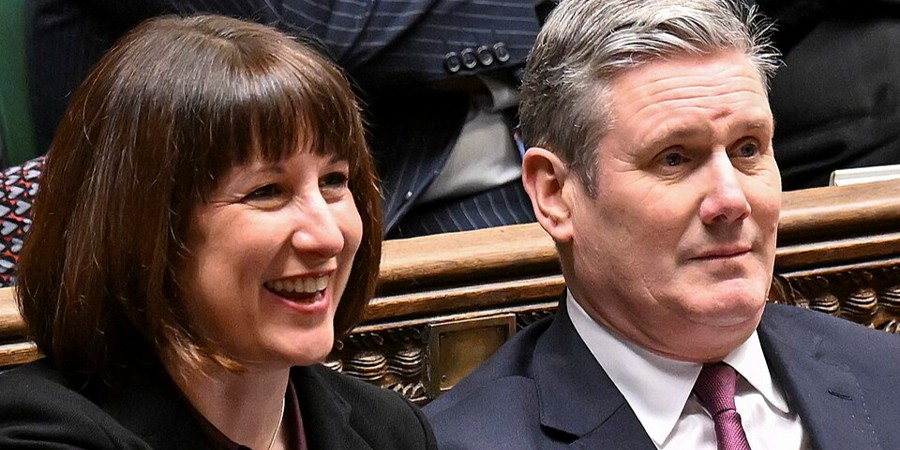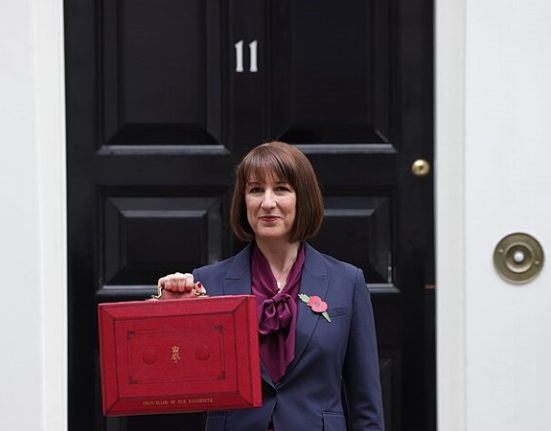Labour could lose power forever
Voters who plumped for Labour at the last general election were backing change, notably in tax justice. Instead, they have seen tax loopholes untouched and the richest still not shouldering their share.
Jeremy Corbyn may have 700,000 supporters but he will never get enough voters alarmed by levels of immigration to back him. Corbyn may want justice for Palestine, but voters do not see international conflicts as a priority.
Economic levers on offer
The thing is, making Britain economically great again is feasible.
Wealth taxes and windfall taxes are technically easy to implement and have strong evidence of effectiveness. We had them before 1979, and Spain and Norway have them now.
A one-off wealth tax could raise £260 billion over five years, according to the Wealth Tax Commission (2020), and would only affect 1% of the population.
An annual Wealth Tax of say 1% or 2% on net wealth over £10 million would yield £10-15 billion a year, says the London School of Economics.
Windfall taxes on energy giants are already in place. Broadening and deepening the existing energy profits levy and applying to other sectors (eg, technology and food retail) could yield £10-20 billion a year.
Closing tax loopholes and avoidance, mainly offshore tax evasion, could yield £5-15 billion a year. Even HMRC talks about a £36 billion a year “tax gap.”
By equalising Capital Gains and Income Tax Rates, the exchequer could find another £10-15 billion a year, according to the Resolution Foundation (2023).
All of that could be in the region of £100 billion a year if executed properly. Twice the black hole Starmer and Reeves face.
The cost of wealth taxes
The political feasibility of implementing such changes is zero.
Powerful lobbies have been working to protect interests and neither Starmer nor Reeves have the capacity to frame the argument in such a way that gets traction with voters. The mandate for radical change is focused on immigration, not fairer taxation.
According to the Henley Private Wealth Migration Report 2025, the UK is projected to see a net loss of 16,500 millionaires in 2025, taking with them approximately £66 billion in liquid investable assets. This alarm bell should be ringing in the ears of our political leaders.
The Autumn Statement will almost certainly fail to come up with the necessary bold action needed to fix our economy and make everyone feel better off. And that is not just a political failure, it’s a moral one.







